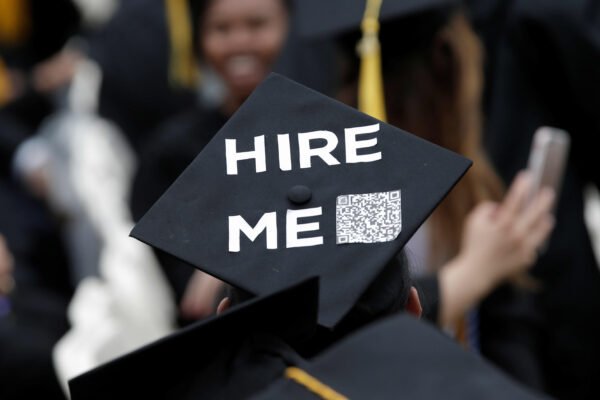
Want to Secure Your Dream Job? Schedule Your Interview for the Morning
Typically, candidates don’t get much choice or power over what time of day a job interview is scheduled for. But for those who do, research suggests that interviewing in the morning may lead to more success.
The study by Shiran Danoch, organisational psychologist and CEO of Informed Decisions, indicates that interviewer bias may lead to higher scores or better outcomes for candidates interviewed in the morning compared to the afternoon.
By analysing thousands of job interviews, the specialist observed a significant disparity in recruiters’ assessments, noting that “specific interviewers have a consistent tendency to be harsher or more lenient in their scores depending on the time of day,”
Guy Thornton, Founder of Practice Aptitude Tests, comments: “This research highlights how subtle factors like timing can influence a recruiter’s perception of candidates. Interviewers may be more alert or attentive in the morning, which could lead to more consistent or favourable evaluations. Later in the day, as fatigue sets in, assessments might become harder or less accurate.
“Understanding these dynamics is key to tailoring your approach and maximising your chances of success, regardless of the time of day your interview is scheduled.”
Below, we explore key factors that might contribute to recruiters being more favourable towards candidates in the morning, and how this timing bias might influence your chances of success.

1. Decision fatigue
As the day progresses and more interviews are lined up, decision fatigue becomes an important factor in how recruiters evaluate candidates. This phenomenon refers to the deteriorating quality as a result of having to make numerous choices throughout the day.
The morning is when our mental energy is at its peak, enabling recruiters to analyse candidates more thoroughly and positively. Their ability to weigh up information objectively may decline throughout the day, leading to harsher or less favourable assessments.
2. Primacy effect
The primacy effect is a cognitive bias that can influence recruitment by causing people to place more importance on the first information they encounter. This occurs because the brain prioritises initial details, storing them in long-term memory, which has a larger capacity than short-term memory. As short-term memory becomes quickly saturated with new information, the first impression tends to have a lasting impact.
This plays a significant role in interview settings, as people tend to give greater importance to the first items or experiences in a sequence. Candidates who interview earlier in the day may leave a more lasting impression simply because they are among the first encountered.
3. Peak productivity and focus
Most of us experience higher levels of productivity and mental clarity earlier in the day. For recruiters, their ability to focus and engage with candidates could be at its strongest during morning interviews.
This enhanced state of mind may result in a more attentive and enthusiastic interaction, giving morning candidates an edge over those later in the day when the interviewer is less energetic or mentally sharp.
4. Comparison bias
When interviewing candidates earlier in the day, recruiters often assess them against an ideal standard or job description. However, as more interviews are conducted throughout the day, later candidates may be compared against those who came before them.
This is known as ‘comparison bias’ and it can work against afternoon candidates if earlier interviewees set a high standard. By being one of the first in the day, morning candidates could benefit from an untainted opinion or reference.
5. Mood and stress levels
Our mood naturally fluctuates throughout the day, mornings are often a more favourable time for mood and stress levels. Morning interviews can take advantage of this, as they occur before the day’s challenges or complications have had a chance to arise, creating a calmer and more positive atmosphere.
As the day progresses and stress accumulates, recruiters may become more irritable or distracted by external factors unrelated to the interview itself. This heightened stress can negatively impact their interactions with candidates later in the day, potentially influencing the outcome.














































